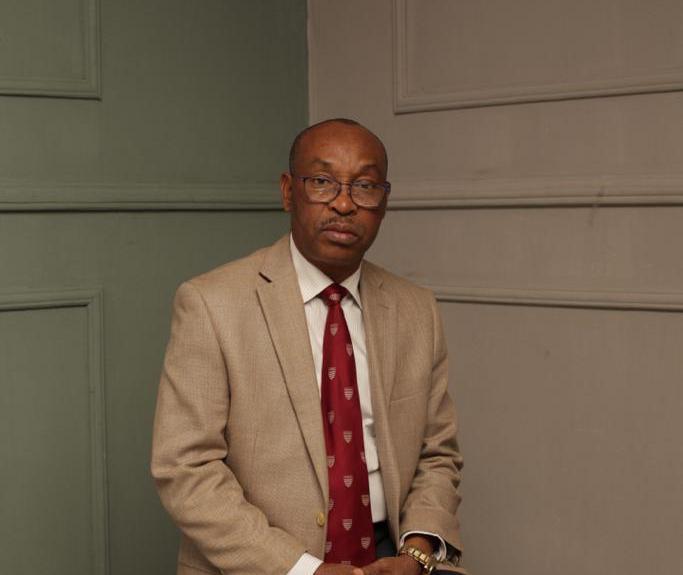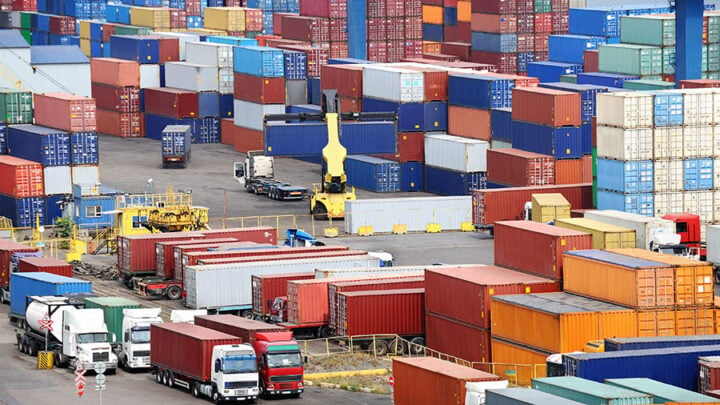Ogbonnaya Orji, executive secretary of the Nigeria Extractive Industries Transparency Initiative (NEITI), says the exact quantity of crude oil produced in the country is unknown.
He spoke on Thursday during a courtesy visit to Mansur Liman, director general of the Federal Radio Corporation of Nigeria (FRCN).
Orji explained that the lack of information has persisted due to the absence of meters at wellheads and the inability to monitor deep offshore fields.
“We do not have the capacity to go deep shores to know how much we are producing. As we speak, it is very difficult for any Nigerian to ascertain how much actually we are producing,” he said.
Advertisement
“This is one of the challenges that NEITI is dealing with because if you do not know how much you are producing, how would you know how much you are expected to earn?
“The companies that go deep shore that are involved in offshore exploration, none of them are indigenous Nigerian companies and they cannot really protect the interest of the country as much as Nigerians can.
“But we must concede to those companies, they are doing a great job here because without them there will be no oil industry.”
Advertisement
The NEITI boss said the agency has consistently recommended that meters be placed on oil wellheads to measure the volume of crude oil produced in the country, in all its oil and gas audit reports.
According to him, efforts to reform the oil sector have not been successful because those who benefit from the outdated law governing the sector are hindering the passage of the petroleum industry bill (PIB).
“The only law that governs the oil and gas industry in Nigeria currently is the Petroleum Act of 1958. If you use this law in computations of taxes and royalties based on a very old rate, Nigeria loses a lot of revenue,” he said.
He noted that the country’s failure to update its laws in the sector means when prices go up, the country is unable to derive maximum benefit from the situation.
Advertisement
On his part, Liman charged NEITI to continue to check the tax regime of companies operating in the country.
Add a comment






